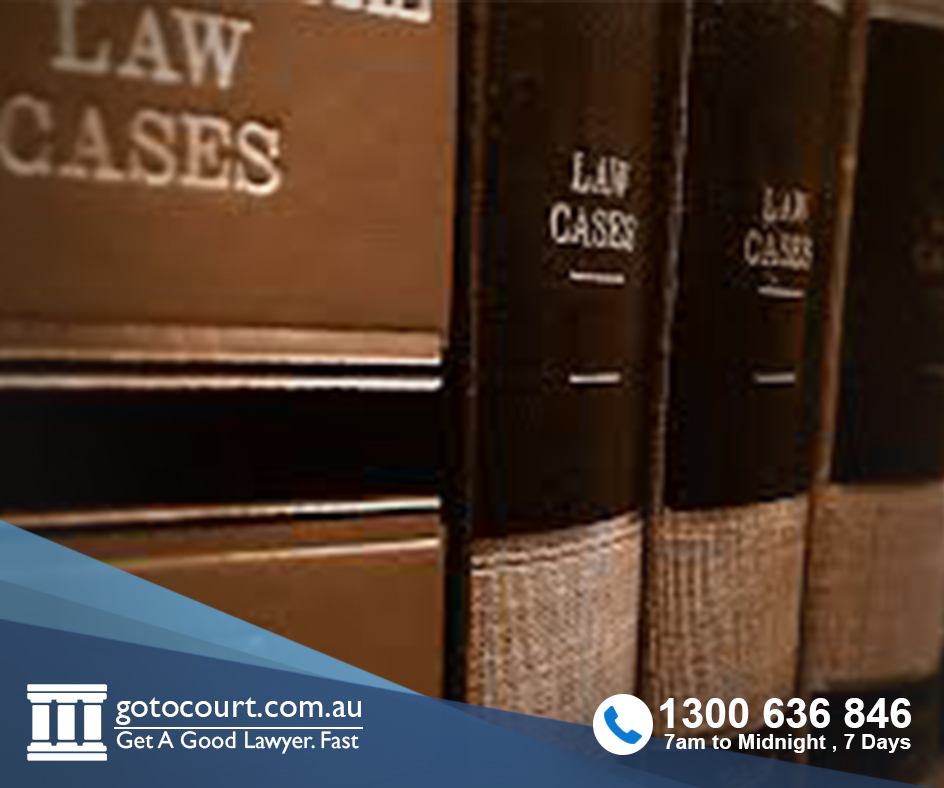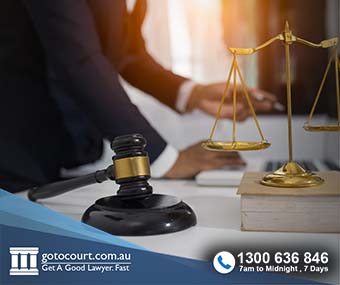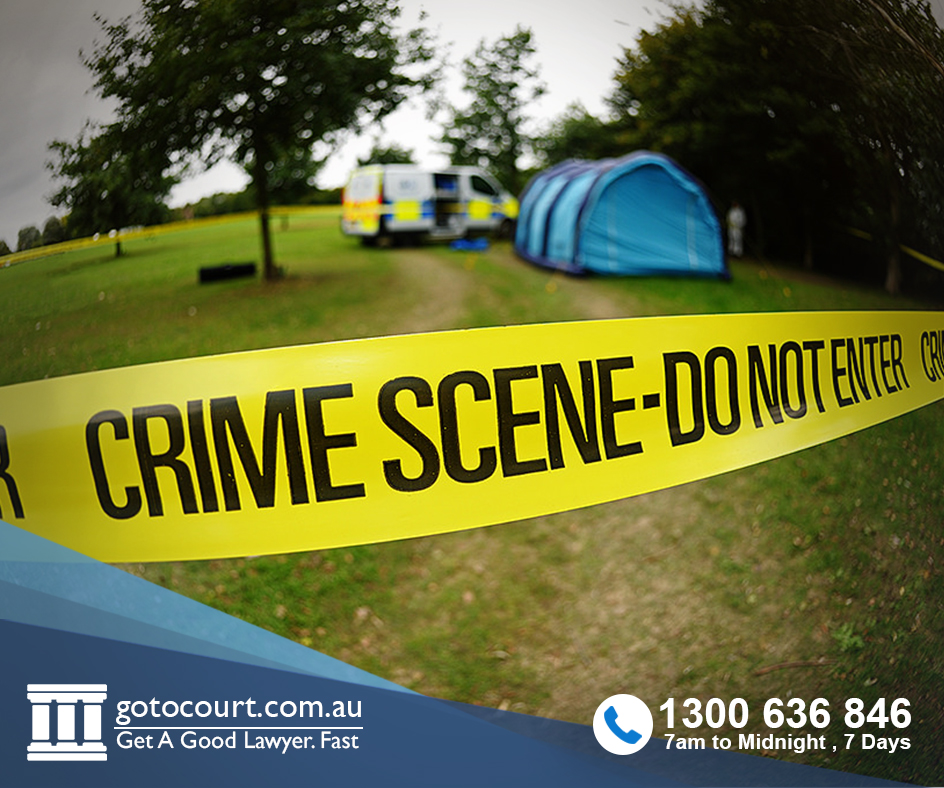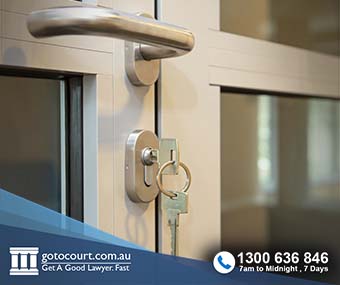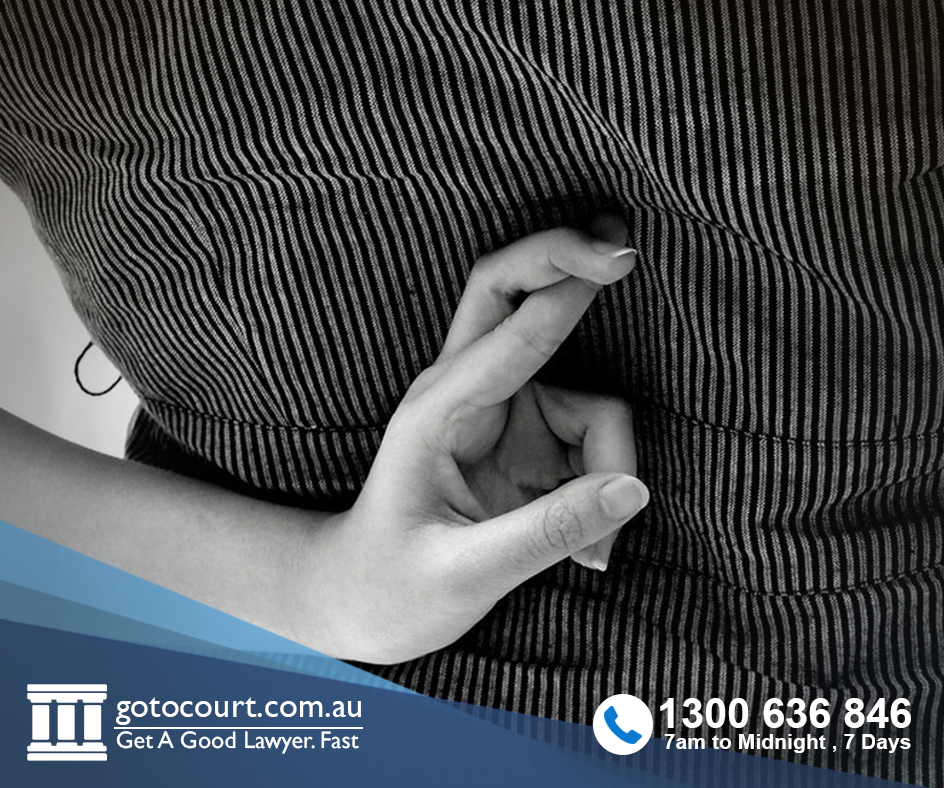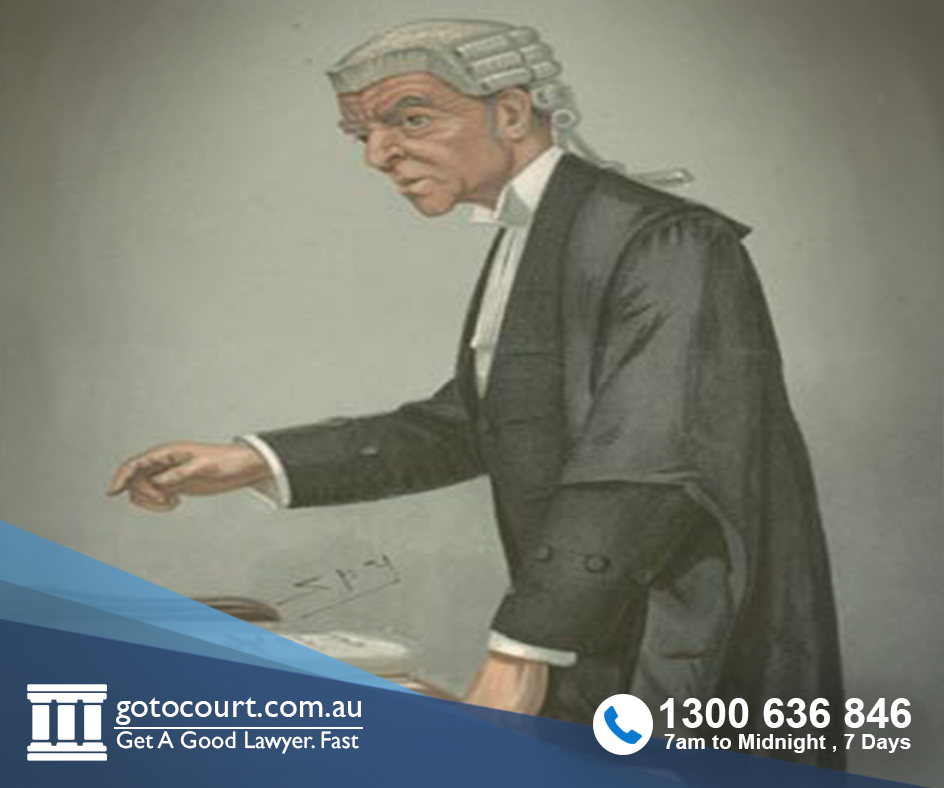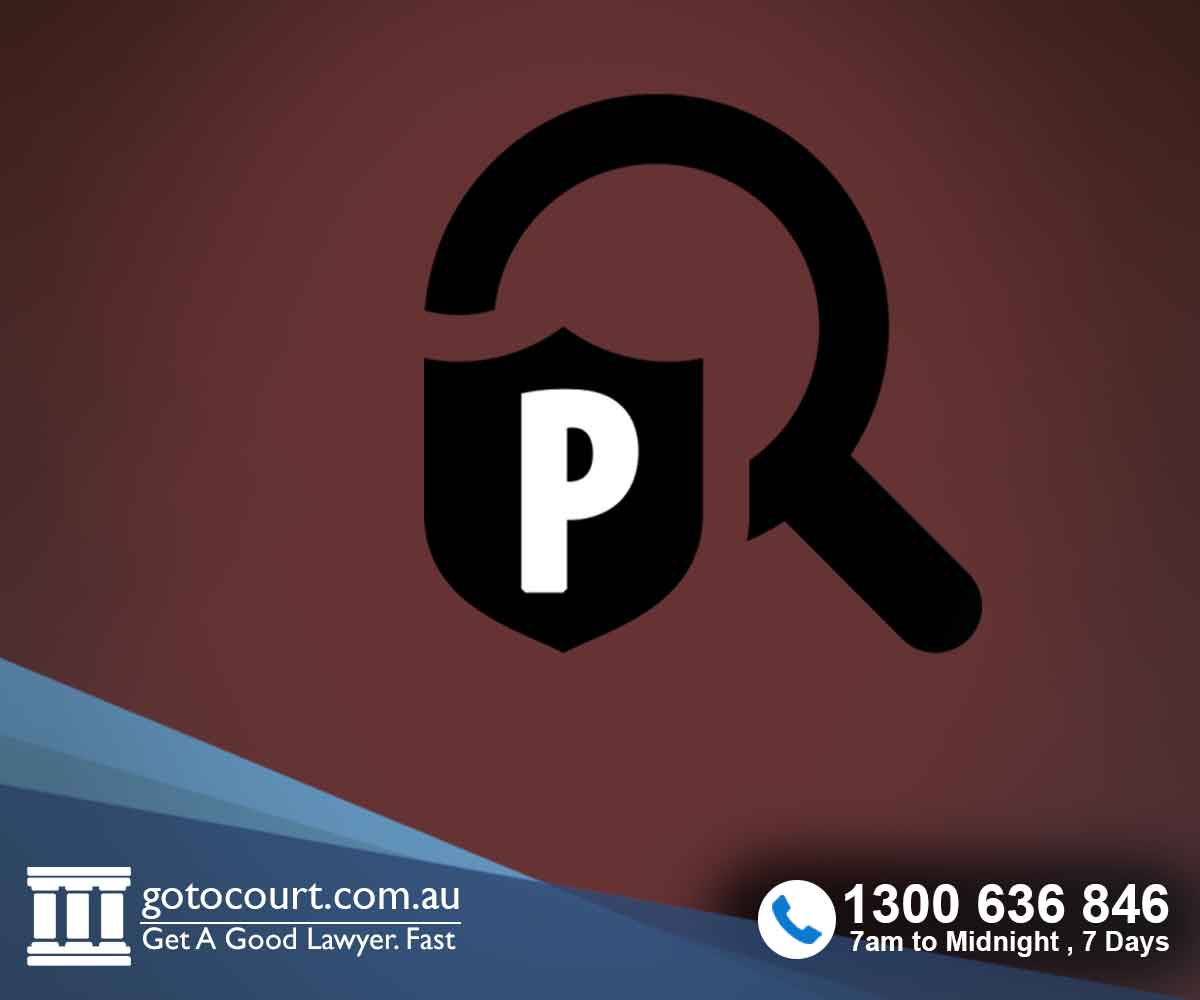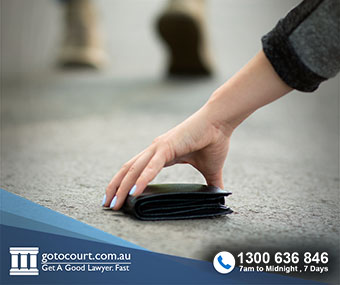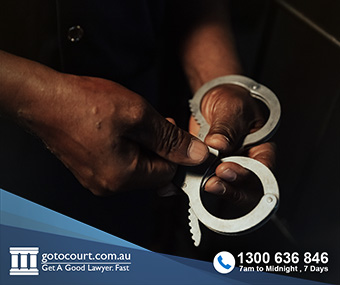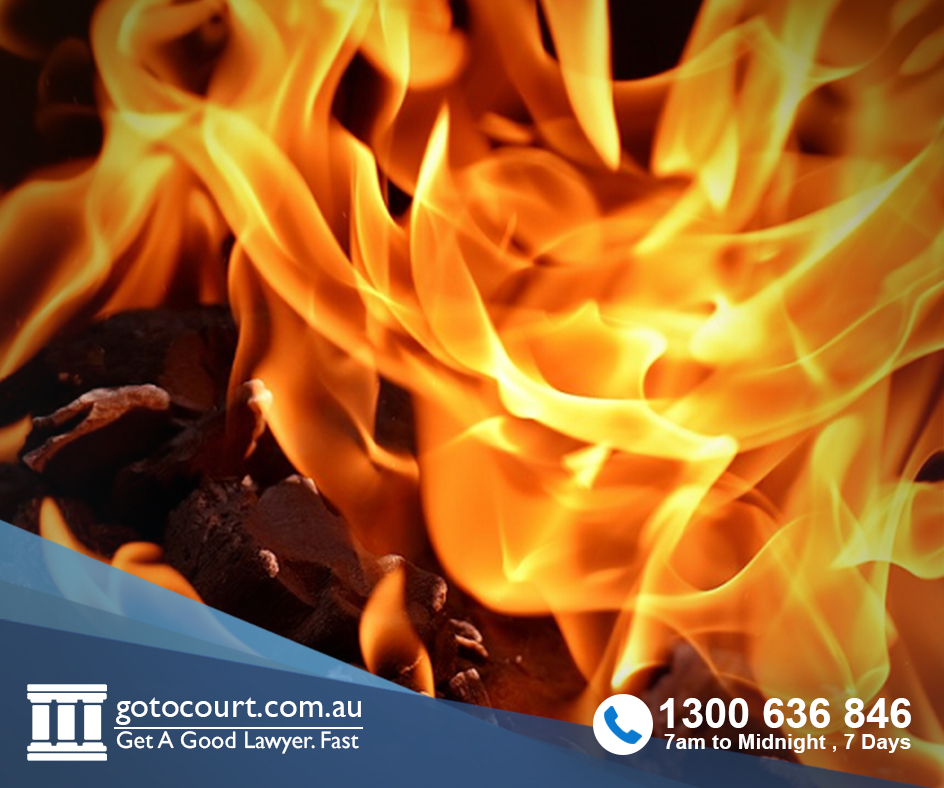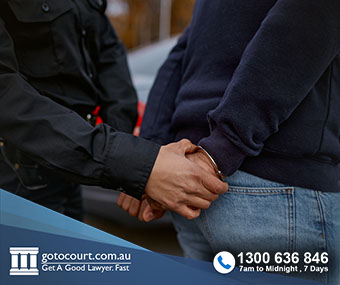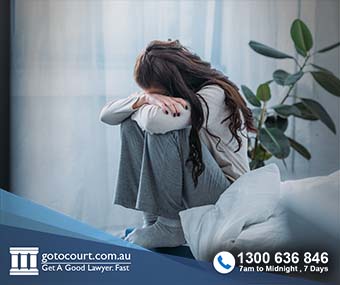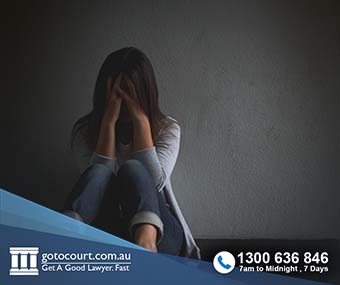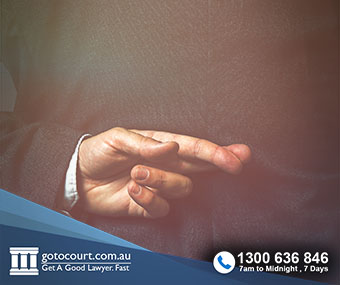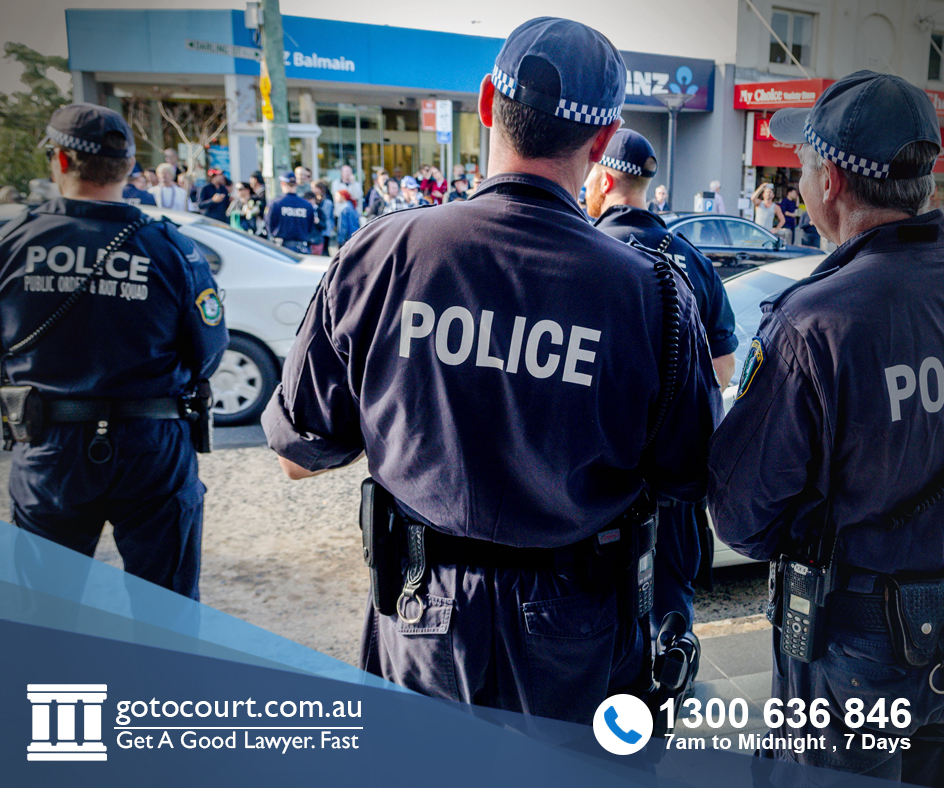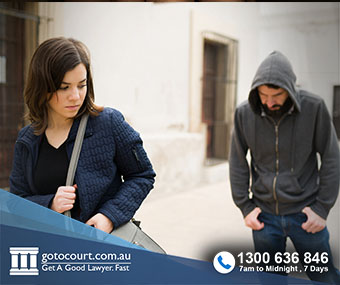Indictable Offences (Vic)
Indictable Offences (Vic)
Indictable offences are serious offences that can be heard by the higher courts. A person charged with an indictable offence in Victoria has the right to be tried by a jury; however, a lot of indictable offences can also be dealt with by a magistrate. This page deals with indictable offences in Victoria.
What is an indictable offence?
In Victoria, an indictable offence is an offence that carries a maximum penalty of two years or more.
Most crimes under the Crimes Act 1958 are indictable offences. These include assault, murder, manslaughter, making threats to kill, theft and sexual offences.
The Drugs, Poisons and Controlled Substances Act 1981 also contains indictable offences such as trafficking, supply and cultivation of drugs of dependance.
Indictable offences heard summarily
Some indictable offences can be heard summarily (by a magistrate) if the accused and the magistrate agree. There are advantages and disadvantages to having a matter dealt with by a magistrate. Offences that are commonly dealt with summarily include theft and assault.
When an indictable offence is finalized by a magistrate, the maximum penalty that can be imposed for a single charge is two years imprisonment. The maximum aggregate sentence that can be imposed on a person for multiple offences in the Magistrates Court is five years imprisonment. Matters that are finalized by magistrates are generally also completed much quicker than those that are committed to a higher court. However, cases that require complex legal argument may be better suited to the higher courts. An accused may also elect to have a matter committed to a higher court so that it can be decided by a jury.
Strictly indictable offences
Strictly indictable offences are offences that can only be finalized in the higher courts. Examples of strictly indictable offences are murder, manslaughter, treason, terrorism offences and rape. Many of these offences carry a maximum penalty of imprisonment for life.
Offences heard on indictment
When an offence is dealt with in the County Court or Supreme Court, this known as ‘being heard on indictment.’ This means that the accused will either be tried by a jury or sentenced by a judge after a plea hearing.
A matter that is to be heard on indictment still commences in the Magistrates Court. The accused will be required to attend a number of court events in the Magistrates Court. The defence will obtain the brief of evidence from the prosecution and the matter will then proceed to a committal hearing.
A committal hearing is a pre-trial procedure where the prosecution case is tested in front of a magistrate. If there is sufficient evidence to support a finding of guilt, the matter will then be committed to the County Court or Supreme Court. It will then proceed to either a trial or a plea hearing. If there is not sufficient evidence that a jury could find the accused guilty, the matter will be dismissed.
Committal hearings exist to ensure the time of the higher courts is not wasted on illegitimate prosecutions or prosecutions that are unlikely to succeed. They also serve as a way to speed up the progress of indictable criminal matters. The higher court can reference the findings of the magistrate.
At a committal hearing, the magistrate may also decide whether a matter is appropriate to be heard summarily.
Juries
When a criminal matter goes to trial in the County Court or Supreme Court of Victoria, it is decided by a jury of twelve people selected at random from the electoral roll. The jury is responsible for returning a verdict of guilty or not guilty after hearing all the evidence. If the accused is found guilty, the judge will then decide on the sentence.
Limitation periods
There is no limitation period for laying charges for indictable offences. This means that the police can charge a person years or even decades after an alleged offence. This sometimes happens because there has been a delay in reporting the offence or because insufficient evidence was available to support a prosecution at the time and further evidence has emerged later.
Summary offences generally have a short limitation period such as six or 12 months. After this period has passed, an alleged offence cannot be prosecuted.
If you require legal advice or representation in any legal matter, please contact Go To Court Lawyers.

Affordable Lawyers
Our Go To Court Lawyers will assist you in all areas of law. We specialise in providing legal advice urgently – at the time when you need it most. If you need a lawyer right now, today, we can help you – no matter where you are in Australia.How It Works




1. You speak directly to a lawyer
When you call the Go To Court Legal Hotline, you will be connected directly to a lawyer, every time.

2. Get your legal situation assessed
We determine the best way forward in your legal matter, free of charge. If you want to go ahead and book a face-to-face appointment, we will connect you with a specialist in your local area.

3. We arrange everything as needed
If you want to go ahead and book a fact-to-face appointment, we will connect you with a specialist in your local area no matter where you are and even at very short notice.


